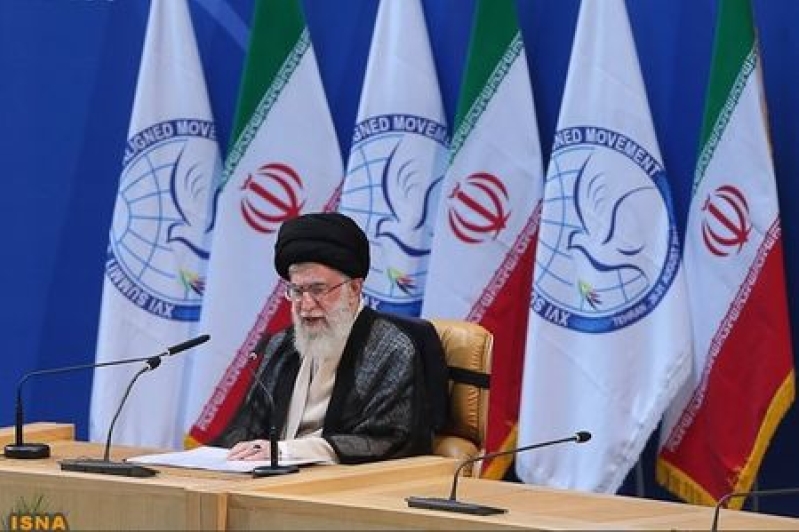
Supreme Leader Ayatollah Ali Khamenei on Wednesday approved the Iranian government's nuclear deal with world powers but said Tehran should not yield core elements of its nuclear program until allegations of past military dimensions had been settled.
In a letter to President Hassan Rouhani published on Khamenei's official website, Iran's highest authority ordered the July 14 nuclear deal to be implemented, subject to certain conditions that the Iranian parliament stipulated in a law passed last week.
He said Iran should delay sending its stockpile of enriched uranium abroad and reconfiguring a heavy water reactor to ensure it cannot make bomb-grade plutonium - central aspects of Iran's obligations under the deal -- until U.N. inspectors had settled the issue of whether Tehran had ever sought nuclear weapons.
"Any action regarding Arak (reactor) and dispatching uranium abroad ... will take place after the PMD (possible military dimensions) file is closed," Khamenei wrote in the letter.
Iran has repeatedly denied engaging in research aimed at developing a nuclear weapon, though for years stonewalled a U.N. nuclear watchdog inquiry based on intelligence suggesting it had done so in violation of the nuclear Non-Proliferation Treaty.
The International Atomic Energy Agency (IAEA) finished collecting samples from Iran's military sites earlier this month and is expected to announce its conclusions on the PMD issue by Dec. 15.
Khamenei also said U.S. President Barack Obama had sent him two letters promising America had no intention of toppling the Islamic Republic's clerical establishment, but added that U.S. actions had proved that "this was not true".
(This story has been refiled to restore missing word "not" in first paragraph)
(Reporting by Parisa Hafezi; Writing by Sam Wilkin; Editing by William Maclean and Mark Heinrich)






